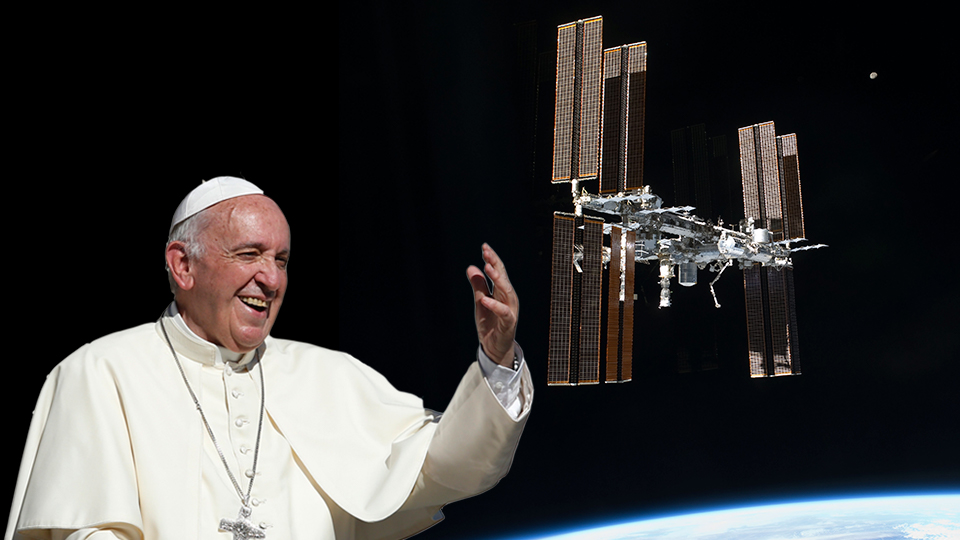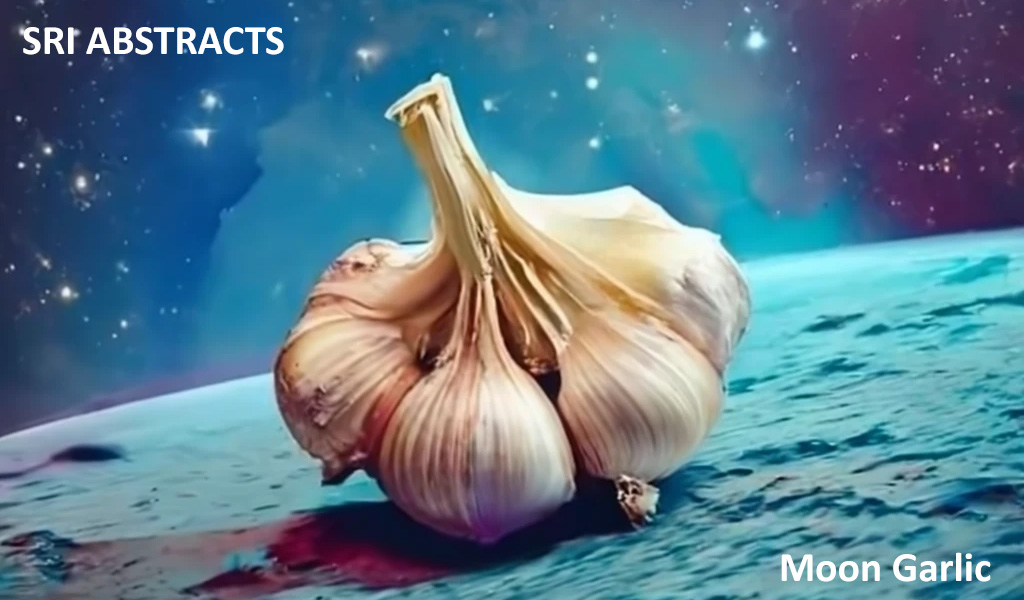
Pope Francis re-proposed a few days ago what He already had proposed in His Encyclical Letter “All Brothers”[1] of 2020:“With the money spent on weapons and other military expenditures, let us establish a global fund that can finally put an end to hunger and favour development in the most impoverished countries, so that their citizens will not resort to violent or illusory solutions, or have to leave their countries in order to seek a more dignified life.”How could we disagree on such a proposition of the Holy Father?
In the quoted Encyclical Letter, He also talks about the dramatic lack of big projects, widely shared world-wide, to inspire and motivate people to work for the development of the whole humankind. He also talks about the philosophy of expendability, according to which certain parts of humanity are seen as expendable, when they are not productive, such as the elderly, and the lack of children, which causes an aging population, and a culturally decaying society.
Considering all of these negative conditions together, the current age, characterized by a multiple global crisis, could appear hopeless. Namely, the complain about lack of children sounds as a desperate call, when the widely shared sentiment is that there are “too many humans on planet Earth”.
Yet, we think that Francis’s calls are right and fully worth of support, though they are not properly sustained by concrete programs and strategies. The real question should be: how to assure proper sustainability to human growth, in the 21st Century?
As humanists, we think that real wealth is not money, yet natural resources and human know-how (i.e. human culture, in its broadest meaning). With 8 billion intelligent beings, humanity was never so rich, provided that there’s enough space and resources to allow everybody to be educated, grow and develop. As humanists, we do not want humankind to lose any part of this huge promise and patrimony: each single life is precious, since it could come up with solutions to the big global issues for Earth.Pope Francis writes holy words, when he indicates the big evils of our society: the philosophy of expendability, the lack of big projects, the big money – almost 2 trillion / year – invested in death means, and so little or nothing for the development and the elimination of hunger and underdevelopment. He also identifies, correctly, the reasons why there are currently so many conflicts (70 ongoing wars): a 3rd world war in pieces, that are tragically enlarging and joining each other, towards a giant global conflict, that seems to be ineluctable. It is because there are so many people in hunger, and these people are forced to fight, due to their poor conditions, trying to get the necessary to satisfy the very basic needs, in the Maslow’s pyramids of needs. In general terms, we would say, the social fear is moving people – not only in underdeveloped countries — to regressive behaviors: when people do not see a future, and fear not to be able to provide the necessary food and shelter for their family, they become easy prey for dictators and violent leaders, who speculate on such a fear. Then Pope Francis is right again: the war is like a cancer, self-feeding, destroying economies, producing more social fear, and so producing more wars.
However, we would like to establish a philosophic dialogue – in the Plato’s style – with Pope Francis and with all the sincere humanists, about two topics: i) the real deep causes of this situation and ii) what is really needed to go over the incoming big crisis, i.e. to avoid any Armageddon. Note, we are not writing ‘fighting’ Armageddon, but ‘avoiding’, or going over it, by ticking off its weapons.
Firstly, we should reflect on the causes of the crisis. We could ask a few questions, and then try to respond. Is the crisis a moral issue? Is humanity of 21st Century involved in a kind of ethic regressive spiral? Was it technology, gone “too far”, driving us out of our human character? Are now humans going to atone for their last mortal sin, to have “wasted The Planet”?
As humanists, we do not think any of the above. As humanists, we believe that humans – the vast majority of us – do not like to fight, if not playing innocuous games. People like to work, to have fun, to socialize, to spend beautiful holidays in beautiful places, to love, to have children and grow them up. Later, when elderly, they like to see their children well rooted in a higher social position. Please show to us just one crazy guy who likes to grow up children, taking care of them, sending them to the best affordable schools and universities, curing their teeth, paying for their lessons of music, sustain them playing basket, and everything, and then is happy to send his children to dye in a muddy trench, and to murder, torture and massacre “enemies” before dying.
So why, now, perfectly reasonable and good people are going to think that the above is ineluctable, some kind of our destiny, at this point of human history?
It is because they feel in their bones, even if they are not rationally aware of that, that there is no more future, because 8 billion humans in a closed world are too many, and only a few of them will maybe have an opportunity to have a future.
We want to give a bad news also to that fortunate minority: nobody will have a future. Super-wealthy people will share the same destiny of the poorest ones, if science and technology will die, in a collapse of civilization. Money are just the one of accountant indicators mean of the true richness, and there are other indicators when we progress on all steps of Maslow pyramid: when people will not have anymore faith in honest work, progress and social growth, then everybody will be extremely poor.
Therefore, peace is something we can prepare for if we address and fight with knowledge, resolve, courage the roots and beneficiaries of wars. Like freedom, peace is not a natural plant, growing up in nature. War is the genetic inheritance of our animal nature, an instinct that is triggered when we feel in danger, and fear overrides all reasoning. Peace is a cultural product, and is only attainable by actuating proper strategies, targeted to deprive war of its food, its air, its water, its fuel. The pretexts for wars are ethnic, religious, linguistic differences. The fuel of wars are the disputes for certain regions, where different ethnic groups historically tried to cohabit. The ultimate food of wars – and the triggers – are the speculative strategies of few powerful people (whatever their ideology, if any), which see the opportunity to use the conflicts to enlarge their territory, their dominions, their markets, their power, and to stole resources to their competitors.
What could be a good strategy, then, to deprive war of its main food?
Is it useful to call for a moral conversion to pacifism? Of course yes, calling for peace is always useful. Yet, what it always undermines the success of any strategy is to add concepts which comes from some ideological agenda, and that are not strictly necessary to the goal. Some samples: extreme left wings think about big crises as excellent opportunities to pursue their goals, i.e. destroying capitalism. Environmentalists will see the energy crisis as an opportunity to enhance renewable energy sources, etc… The goal of getting peace is then weakened, if not forgotten.
We should not try to “educate” people to any particular agenda, we should just focus on the main goal, shared by many good willing people: to relaunch the growth, in peace and freedom. What will be the prize to keep on fighting for some precious regions on Earth’s surface when new territories, new resources, new energy sources, new markets, are available in the geo-lunar space, on the Moon, the Near Earth Objects, on Mars, and beyond? Such a perspective, when properly marketed, can defuse wars on Earth, in surprisingly short time.
Let’s come to money. Each year Earthers spend about 2 trillion USD or Euros for weapons and military expenditure, fighting for those small disputed regions.
The Western Countries spent in the war of Afghanistan, during 20 years, 2.3 trillion. Yet we were not able to implant in that region a solid industrial civilization. That means we did not yet understand that the industrial society, bringing to social growth, is the sole necessary condition for the development of democracy, and that a market of consumers cannot live if those people will not be industrial producers too. People cannot be forced to democracy, or to be consumers, or any other thing, by the power of arms.
However, in the current age, having exceeded 8 billion citizens in one only planet, it wouldn’t be possible to claim the economy of underdeveloped countries by raising an industrial society over-there. Planet Earth cannot sustain – by its now limited resources – the development of the currently underdeveloped countries. Any perspective of terrestrial development quickly crashes into the environmental problems, the scarcity of some resources and of energy sources.
Here is where the message of Pope Francis, to redirect the money spent on weapons and other military expenditures to a global fund that can finally put an end to hunger and favor development in the most impoverished countries, cannot work, alone. It is an excellent proposal, yet, to succeed, it needs to be sided by a space development strategy, based on the immense resources of the Solar System, and how their exploration and exploitation can unleash benefits worldwide: scientific knowledge, technologies, innovation, peaceful international cooperation, private/public partnerships, industrial development and new jobs on Earth and in space, inspiration and education for public and youth, creating a New Space Renaissance for this century. The proposed fund should then also be used to support the new space industry and stakeholders, accelerating civilian space development.
By the way, such a strategy will also respond to the other great requirement exposed by the Holy Father: to kick-off giant projects, suitable to attract and inspire all of the young and less young people of good will on Planet Earth, giving them back the hope in the future.
Definitely an excellent plan for peace and sustainable development!
18 April 2022
- Bernard Foing, SRI, President
- Adriano V. Autino, SRI Founder, SRI Ambassador
Want to comment this letter?
Join the Space Renaissance Open Forum
Want to work with us, for peace and civilian space development?
Join the SRI Crew, come on leading the Space Renaissance!
Want to be a Space Renaissance Ambassador?
Subscribe to the Space Renaissance Ambassadors Training Course









 Space Renaissance France (French Chapter of SRI)
Space Renaissance France (French Chapter of SRI)  Space Renaissance USA, Inc. (USA Chapter of SRI)
Space Renaissance USA, Inc. (USA Chapter of SRI) Space Renaissance (Italian Chapter of SRI)
Space Renaissance (Italian Chapter of SRI) Space Renaissance Academy
Space Renaissance Academy Space Renaissance Initiative Group
Space Renaissance Initiative Group